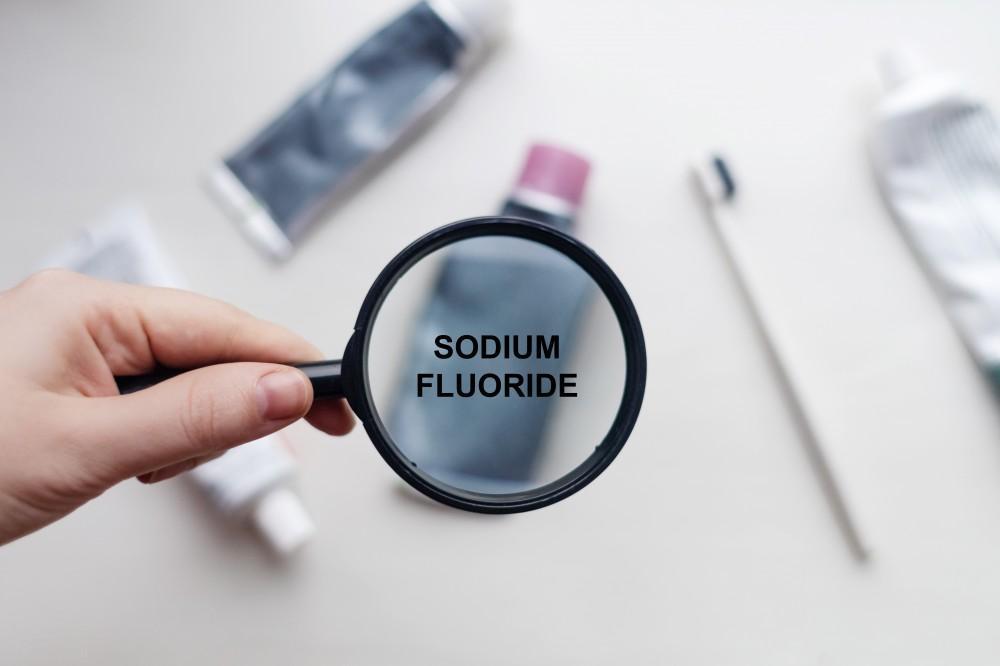
Forget the CPAP: Learn About Our Alternative Sleep Apnea Solutions

To perform our best at work, school, home, or on the playing field, you must have energy. When you feel exhausted during the day, are prone to headaches, are unable to focus, and feel irritable, you may also be puzzled, especially if you practice good sleep hygiene habits. These include making your bedroom tech-free, ensuring good air flow by opening a window, and going to bed at a decent hour.
When your efforts to get high-quality rest don’t go rewarded with feeling sharp during the day, the reason might be that you’re affected by sleep apnea, a condition that causes you to stop breathing for brief periods, many times per night. The kicker? You have no idea it’s happening because you’re sleeping, and these micro-interruptions aren’t enough to fully awaken you.
Fortunately, the expert dental team at Expressions in Dentistry is dedicated to innovative treatments for sleep apnea. In the past, your only choice was getting a continuous positive airway pressure (CPAP) machine, which many people ultimately abandon for several reasons.
It’s critical to treat your obstructive sleep apnea, however. When you don’t, you're at risk for serious problems, including cardiovascular disease, diabetes, and even stroke — not to mention performance problems at work, troubled interactions with family and friends, and even car accidents.
What happens when you have sleep apnea?
When you have sleep apnea, the muscles in your upper airway relax while sleeping, and you’re unable to get sufficient oxygen. Your reflexes then kick in after registering that you aren’t breathing. You then awaken briefly and begin breathing again. The break in your breathing can last as long as 10 seconds, however.
When this happens many times per night, the cumulative effects of these many sleep interruptions wreaks havoc on your waking hours.
There are different levels of severity with sleep apnea, too. Your sleep apnea is considered mild if you experience 5 to 15 breathing interruptions per hour per night, moderate apnea if you have 15 and 29 events every hour, and severe apnea if your sleep is interrupted 30 or more times during an hour-long period.
When quantified like this, it’s easy to understand how disruptive sleep apnea can be to good rest and how damaging it can be to your overall health.
If you’re diagnosed with sleep apnea, remember you aren’t alone — about 39 million Americans also suffer from the condition.
The CPAP machine isn’t the only solution for sleep apnea
A CPAP machine’s motor sends a steady stream of pressurized air through a filter and then a tube, which goes through a mask that covers your mouth and nose. This keeps your airways open and prevents you from having unsettled sleep as a result of breathing interruptions.
CPAP machines aren’t popular with many users because they’re cumbersome, uncomfortable, and keeping them positioned properly means that your movement during the night is constricted. Some patients complain of feeling claustrophobic with the CPAP mask on, making it difficult to fall asleep.
Other unpleasant side effects of CPAP use include nasal congestion, dry mouth, nosebleeds, and an uncomfortable feeling of being filled with air. Some people even develop skin issues and irritation where the mask rests on their faces.
These problems can cause people to abandon using the CPAP machine, which sets them up for the serious health problems we mentioned earlier. In fact, about half of people quit CPAP therapy.
Fortunately, Expressions in Dentistry patients can take advantage of two exciting alternative treatments sleep apnea treatments we offer.
VIVOSⓇ is an amazing nonsurgical sleep apnea treatment that gradually expands your upper jaw, so your airway is adjusted to prevent sleep apnea-related breathing problems. You wear the VIVOS device in your mouth while you sleep. Depending on your specific anatomy and situation, you’ll wear it at night for between 12 and 24 months, during which time your airway shape is corrected.
Not only is VIVOS treatment much loved by patients because it’s completely comfortable and easy to wear at night, once your airway is reshaped, your sleep apnea problem is permanently solved. You’re faced with no more discomfort that comes along with wearing a CPAP each night!
Another advantage of VIVOS treatment is that it can be used for children who we see are at risk for developing sleep apnea. The device has even helped children with ADD and bed-wetting challenges, and it has helped both children and adults dealing with depression and anxiety.
We also offer mandibular advancement device treatment, which is customized to your mouth. This device resembles an athletic mouthguard and is designed to push your lower jaw forward just a bit. This also opens up your airway, ensuring that you don’t experience breathing interruptions.
Contact our E. Bidwell Street office to learn more about treating your sleep apnea comfortably. Call us at 916-983-6767, or book an appointment online.
You Might Also Enjoy...


When Is a Toothache an Emergency?
Why Are My Teeth Turning Yellow With Good Dental Hygiene?

Will I Need a Crown After My Root Canal Treatment?

Got Gingivitis? Take These Early Steps to Reverse Gum Disease

